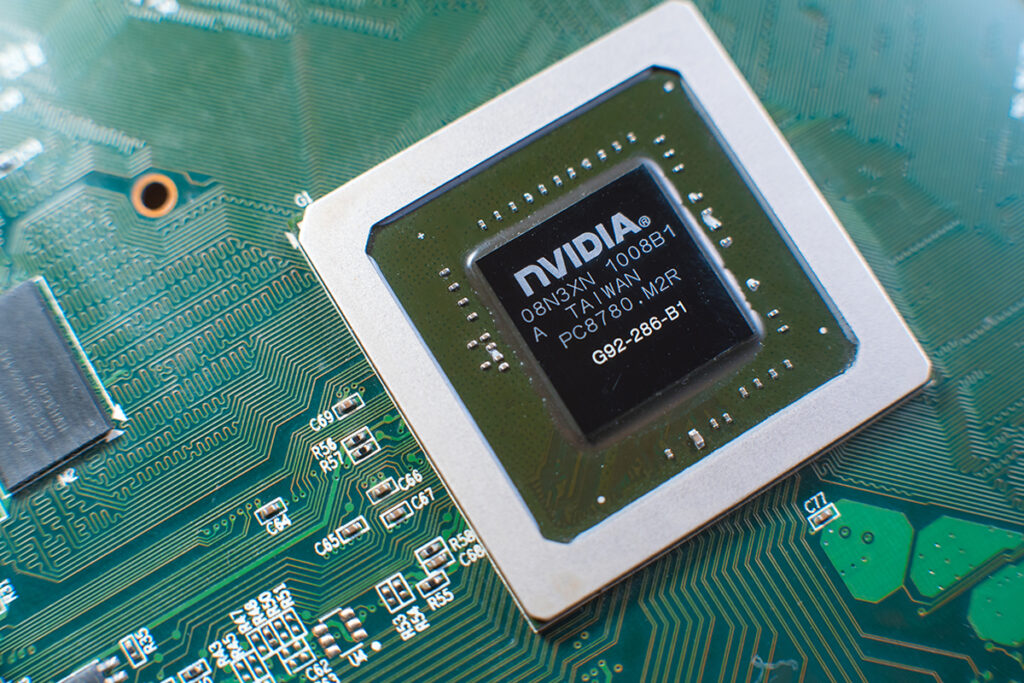In a groundbreaking move, Genentech, a subsidiary of Roche, has embarked on a strategic partnership with the renowned chipmaker Nvidia, aiming to tap into the immense potential of artificial intelligence (AI) in revolutionizing the world of drug discovery and development. While the financial specifics of this collaboration have not been disclosed, it undoubtedly marks a pivotal moment in the pharmaceutical industry’s ongoing endeavor to leverage AI’s capabilities. This development is part of a broader trend, with numerous pharmaceutical companies actively embracing AI technologies to streamline their drug development processes.
AI’s Game-Changing Role in Drug Development
Historically, drug development has been a protracted and expensive process, spanning a decade or more and demanding staggering investments, often totaling billions of dollars in research and development (R&D) expenses. Moreover, the pharmaceutical industry has grappled with clinical trial failures, further exacerbating the financial strain. AI presents a remarkable opportunity to reshape this landscape. By seamlessly integrating AI into the drug development pipeline, Roche envisions the following transformative outcomes:
- Cost Reduction: AI has the potential to substantially curtail the expenses associated with drug development by optimizing various phases of the process.
- Efficiency Augmentation: AI systems, exemplified by Nvidia’s BioNeMo AI platform, empower precise predictions concerning the interactions of therapeutic candidates with physiological targets. This, in turn, facilitates the selection of higher-quality leads for laboratory experimentation.
- Tailored Solutions: Pharmaceutical companies can harness AI models to tailor solutions to their unique requirements across different development stages, thus enhancing precision and productivity.
In addition to its partnership with Nvidia, Roche has demonstrated a significant commitment to AI through collaborations with Recursion Pharmaceuticals and other key players, with the total potential investment exceeding an impressive $12 billion over the next decade.
Challenges and the Path Forward
While Roche’s embrace of AI is undeniably promising, there remain crucial questions regarding the specific allocation of their investments and partnerships. Shareholders are eagerly seeking clarity regarding how resources will be utilized in this transformative venture.
The pharmaceutical giant must provide evidence that its utilization of AI can indeed confer a competitive edge and generate lasting shareholder value. As of now, Roche’s leadership has articulated broad aspirations and general plans, but investors are eagerly awaiting concrete roadmaps and tangible outcomes.
Navigating the Future of Pharmaceutical Innovation with AI
The collaboration between Genentech, a subsidiary of Roche, and Nvidia marks a pivotal step in the pharmaceutical industry’s adoption of AI-driven solutions to enhance drug development. While the potential benefits are substantial, investors are advised to exercise caution and await further details and tangible results before making significant investment decisions related to Roche’s stocks.
As the pharmaceutical industry continues its evolution with AI technologies at the forefront, the key to success will lie in effectively harnessing AI’s full potential to drive innovation, reduce costs, and ultimately deliver safer and more effective drugs to patients worldwide.


